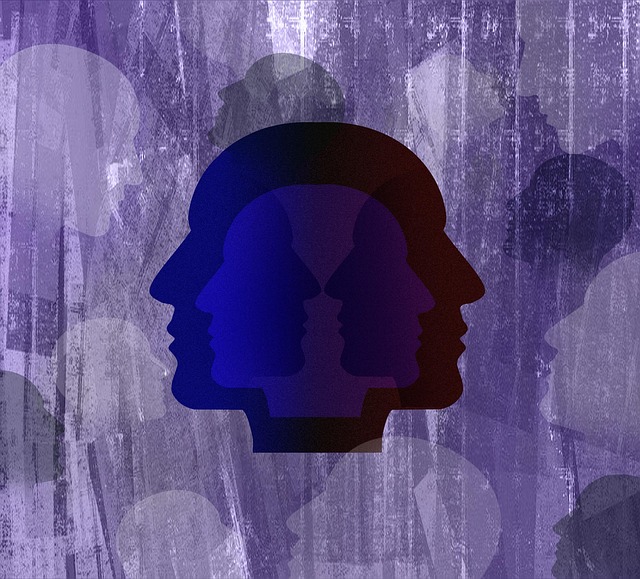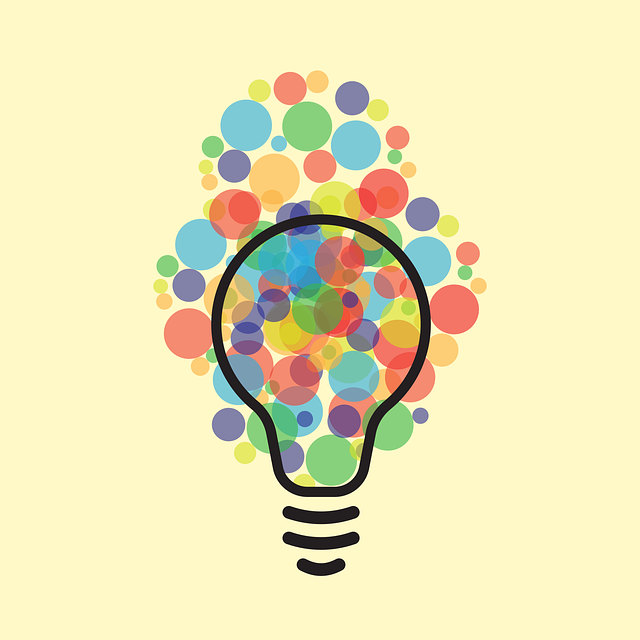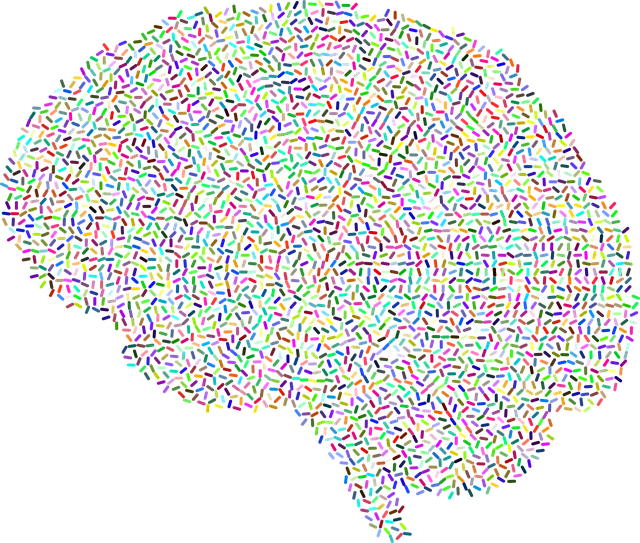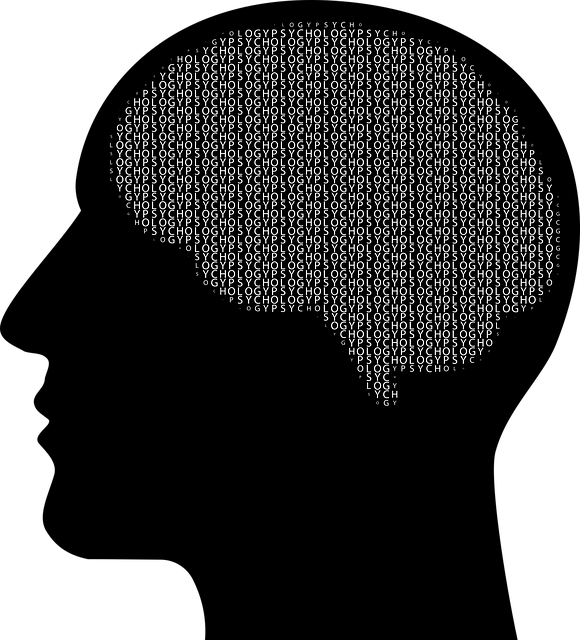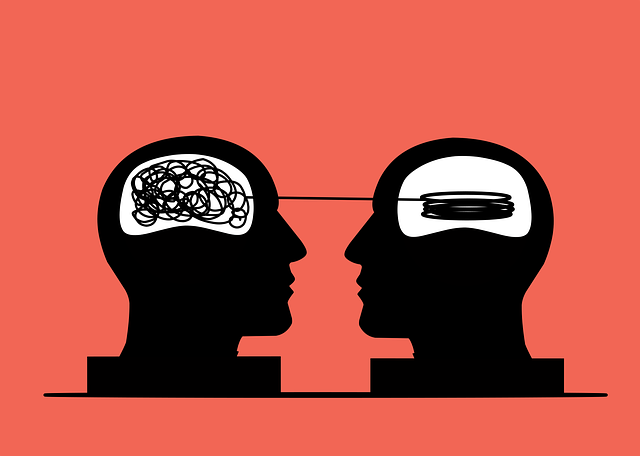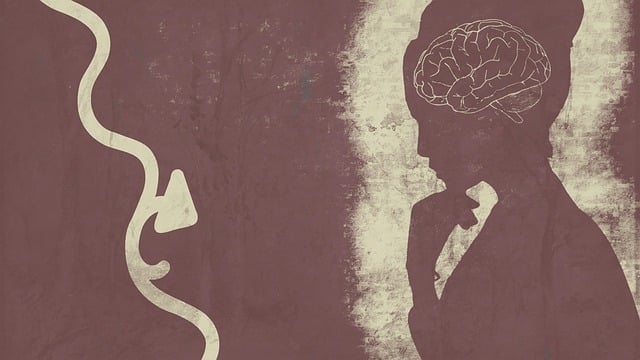Stress management is crucial for elders with developmental disabilities, addressing communication barriers and sensory sensitivities through tailored therapy. This includes Cognitive Behavioral Therapy (CBT), mindfulness exercises, meditation, and physical activity. CBT modifies negative thought patterns, while mindfulness reduces anxiety and improves focus. Community outreach programs create supportive environments, and physical activities like swimming or yoga provide natural stress relief. Social engagement and group therapy sessions foster resilience and emotional support, enhancing overall well-being for this vulnerable population, specifically targeting their unique needs in therapy.
Stress reduction is a vital aspect of elderly care, especially for those with developmental disabilities. This comprehensive guide explores effective methods to alleviate stress in our aging population. From cognitive behavioral therapy’s powerful impact on mental health to tailored mindfulness practices and the benefits of physical activity, each section delves into evidence-based strategies. Understanding the unique challenges faced by elders with developmental disabilities, we offer insights into fostering resilience and enhancing overall well-being through social engagement and support networks, providing a holistic approach to stress management.
- Understanding Stress and Its Impact on Elders with Developmental Disabilities
- Cognitive Behavioral Therapy: A Powerful Tool for Stress Reduction
- Mindfulness and Meditation Techniques Tailored for Elderly Care
- Physical Activity and Exercise as a Natural Stress Reliever
- Social Engagement and Support Networks for Enhanced Well-being
Understanding Stress and Its Impact on Elders with Developmental Disabilities

Stress is a significant concern for elders with developmental disabilities, as it can exacerbate existing challenges and impact their overall well-being. These individuals often face unique stressors related to their conditions, such as communication barriers, sensory sensitivities, or the need for consistent routines. Understanding these specific sources of stress is crucial in developing effective support strategies.
Therapy plays a pivotal role in helping elders with developmental disabilities manage stress. Techniques like self-awareness exercises and self-care practices have proven beneficial. These may include mindfulness activities tailored to their needs, sensory integration therapy, or even participation in mental wellness podcast series production, which can offer calming distractions and promote emotional regulation. By incorporating these strategies into daily routines, elders can improve their ability to cope with stress, enhance their self-esteem, and foster a greater sense of control over their lives.
Cognitive Behavioral Therapy: A Powerful Tool for Stress Reduction

Cognitive Behavioral Therapy (CBT) is a highly effective tool for stress reduction and mental wellness coaching programs development, particularly tailored for individuals with developmental disabilities. This therapeutic approach focuses on identifying and changing negative thought patterns and behaviors, thereby reducing stress and improving emotional well-being. CBT helps elders with developmental disabilities to understand the connection between their thoughts, feelings, and actions, empowering them to develop valuable communication strategies and empathy building strategies that can significantly enhance their daily lives.
By addressing specific issues and providing practical solutions, CBT offers a structured framework for managing stress effectively. It enables participants to challenge unhelpful beliefs and replace them with more realistic, positive ones. This process facilitates better coping mechanisms, enhances problem-solving skills, and promotes a sense of self-control, ultimately contributing to improved mental health outcomes, especially in navigating the challenges that often accompany aging with a developmental disability.
Mindfulness and Meditation Techniques Tailored for Elderly Care

For elderly individuals with developmental disabilities, mindfulness and meditation can be powerful tools to enhance their emotional well-being and stress management. Tailored therapy sessions incorporate gentle movements, deep breathing exercises, and guided visualizations adapted to their physical abilities. These practices have been shown to reduce anxiety, improve focus, and foster a sense of calm in the face of daily challenges.
Community outreach programs implementing these techniques can create supportive environments where elders feel safe to explore their inner selves. Regular sessions, conducted by trained facilitators, encourage participation through simple yet effective emotional well-being promotion techniques. By integrating mindfulness into their routines, elderly care settings can significantly improve quality of life and overall stress management for residents with developmental disabilities.
Physical Activity and Exercise as a Natural Stress Reliever

Physical Activity and Exercise play a pivotal role as a natural stress reliever, offering a holistic approach to well-being, particularly relevant for elders with developmental disabilities. Regular movement not only strengthens muscles and improves cardiovascular health but also acts as an effective therapy, enhancing mood and reducing anxiety levels. Incorporating physical activities tailored to individual needs can significantly mitigate the impact of stress and improve overall quality of life.
For elders with developmental disabilities, engaging in exercises like swimming, yoga, or even gentle walks can be a pleasant distraction from stressors. Healthcare providers often emphasize the importance of incorporating movement into daily routines, leveraging the positive effects on mental health alongside physical benefits. Effective communication strategies, coupled with cultural competency training for caregivers and healthcare providers, ensure activities are accessible, enjoyable, and tailored to meet each individual’s unique needs and abilities, fostering a supportive environment for stress reduction.
Social Engagement and Support Networks for Enhanced Well-being

Social engagement and strong support networks are essential components of enhanced well-being, especially for older adults with developmental disabilities who may face unique challenges. These individuals often benefit from structured therapy programs tailored to their needs, which can foster meaningful connections and improve mental wellness. Group therapy sessions, for instance, provide a safe space for sharing experiences, reducing feelings of isolation, and cultivating coping strategies together.
Building and maintaining social connections offers multiple advantages. It promotes resilience, enhances overall mental health, and can serve as a powerful tool in managing stress. Support networks, whether through community groups, family, or specialized care programs, play a vital role in offering emotional support, practical assistance, and opportunities for social interaction—all of which are crucial for the well-being of older adults with developmental disabilities.
In addressing stress reduction methods for elders with developmental disabilities, it’s clear that a multifaceted approach is best. By combining cognitive behavioral therapy, tailored mindfulness and meditation practices, physical activity, and robust social engagement, caregivers can create a supportive environment that fosters well-being. These strategies not only mitigate the adverse effects of stress but also enhance overall quality of life for this vulnerable population. For elders with developmental disabilities, effective stress management is not just a recommendation—it’s a key to thriving in later years.


